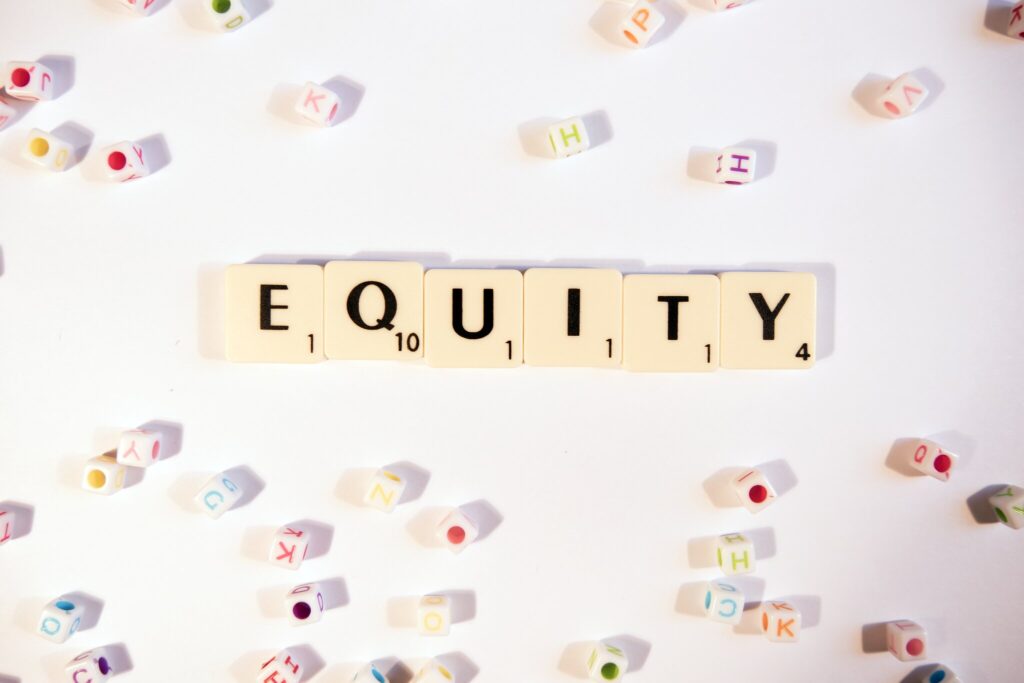This article was featured in the June 24 digital-only edition of Street Sense. Until it is safe to resume person-to-person sales, you’ll always be able to find the current digital-only edition at streetsensemedia.org/Digital Thank you for reading! Please continue to support our vendors through our mobile app (streetsensemedia.org/App).
W
e at SOME (So Others Might Eat) deeply mourn the deaths of George Floyd in Minneapolis, Minnesota, Breonna Taylor in Louisville, Kentucky, and the many other Black persons whose lives have been taken senselessly at the hands of law enforcement officers and civilians in our country. We stand in solidarity with all who proclaim and believe that “Black Lives Matter” and who are fighting to end systemic racism.
Structural racism has led to longstanding and growing gaps in housing, public safety, and income that affect every aspect of life for Black people and so many other persons and communities of color.
For example, Black people, who constitute 46 percent of District of Columbia residents, have suffered 75 percent of deaths from COVID-19 in the District. Unequal access to health care and nutritious food, disproportionate representation among essential workers who are exposed to the virus, and denser housing and neighborhoods all contribute to this morbidity.
Too many Black and brown people, including members of SOME’s staff, residents, patients and guests, endure the daily stress of both poverty and racism. Across the country, this stress manifests itself in early death from cardiovascular diseases, cancers, and violence.
During this pandemic, people have lost their jobs, they are hungry and worried about paying household bills, and they are afraid they won’t be able to pay accumulated rental arrears two or three months after the public health emergency is lifted. We are worried about a likely surge in homelessness later this year.
Starting right now, we want to work hard together to emerge from these crises with the beginning of a just and equitable society where the color of our skin has no impact on the outcomes of our livelihood or the length of our lives.
One way we can start to do this is by ensuring that D.C. passes an equitable FY 21 Budget that pays attention to racial impacts. Though we understand public officials’ desires to balance the District budget, that by itself is not a sufficient goal. Collectively, we must speak out and insist that the District budget begin to lay a foundation of equity for all D.C. residents, rather than further displacement of Black residents and the loss of essential services for the people who need them most. We must invest more in housing and health care for those who have the fewest resources. It is our duty.
We therefore encourage all District residents to write the Mayor and their Council representative and urge them to:
- Apply a racial equity lens to the D.C. budget as they make funding decisions and to pass the REACH Act, the Race Equity Achieves Results Amendment Act of 2019. The District must aim to achieve policies by both the Executive Branch and Legislative Branch that are anti-racist, not merely neutral, because a neutral policy is one that has a racist impact.
- Expand funding for affordable housing so that all who want to live in the District can afford to do so regardless of income. Fund the Housing Production Trust Fund at least $120 million in Fiscal Year 2021, and add operating subsidies (LRSP) to match the Trust Fund.
- Expand funding for homelessness prevention so that no more residents are displaced. Add at least $5 million to the District’s Emergency Rental Assistance Program (ERAP).
- Sustain funding for community-based services in the Department of Behavioral Health so that tens of thousands of D.C. residents suffering from trauma can continue to get mental health and substance abuse services. Allow residents to continue to get care by telephone.
- Rescue DHS’s homeless street outreach services so persons living on the streets get the support they need to be placed in safe and affordable housing.
We must continue to fight—together—for what we know is right and just. Please join us!
Nechama Masliansky is an advisor at So Others Might Eat.








